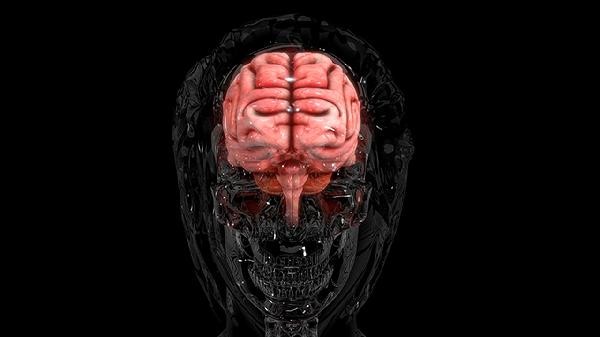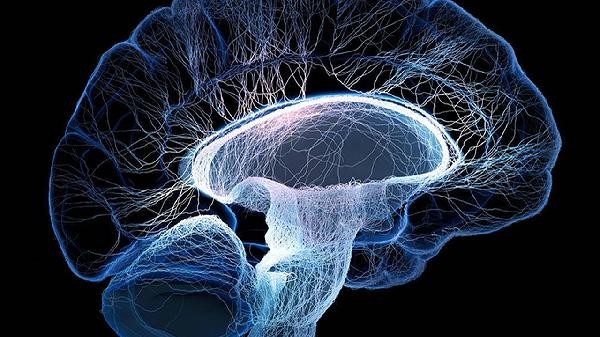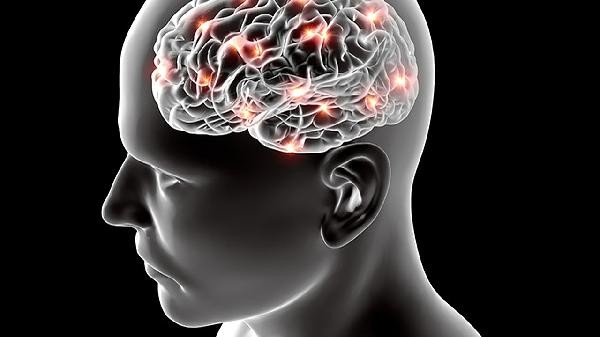Insomnia in the brain can be improved through adjusting daily routines, psychological therapy, medication, physical therapy, traditional Chinese medicine conditioning, and other methods. Insomnia is usually caused by excessive stress, emotional disorders, physical illnesses, environmental disturbances, disrupted circadian rhythms, and other factors.

1. Adjusting sleep schedule
Establishing a regular sleep schedule is a fundamental measure to improve insomnia. Set a fixed time for waking up and falling asleep every day, and avoid oversleeping even on weekends. Avoid using electronic devices two hours before bedtime, keep the bedroom dark and quiet, and control the temperature within an appropriate range. Aerobic exercise should be done appropriately during the day, but vigorous activity should be avoided four hours before bedtime. Avoid drinking caffeinated drinks in the afternoon and avoid overeating for dinner.
2. Psychological therapy
Cognitive behavioral therapy has a significant effect on chronic insomnia. Record daily routines through a sleep diary, identify and correct unhealthy sleep habits. Relaxation training methods such as progressive muscle relaxation and abdominal breathing can reduce bedtime anxiety. Mindfulness meditation can be used to address anxiety and depression, and professional psychological counseling can be sought if necessary. Group therapy can also help establish awareness of healthy sleep.
3. Medication treatment
Short term insomnia can be treated with non benzodiazepine drugs such as zopiclone and zolpidem according to medical advice. If accompanied by anxiety symptoms, antidepressants such as trazodone and metronidazole with sedative effects may be considered. Melatonin receptor agonists such as remitinib are suitable for individuals with circadian rhythm disorders. All sleeping pills must strictly follow medical advice and avoid long-term continuous use to prevent dependence. During the medication period, it is prohibited to drink alcohol or operate precision equipment.

4. Physical therapy
Transcranial magnetic stimulation can improve sleep quality by regulating cortical excitability. Biofeedback therapy can help patients autonomously control physiological indicators. Phototherapy has a significant effect on sleep delay syndrome and requires regular exposure to specific wavelengths of light under the guidance of a doctor. Physical methods such as soaking feet in warm water and massaging the neck can promote blood circulation and assist in falling asleep.
5. Traditional Chinese Medicine Regulation
Traditional Chinese Medicine divides insomnia into syndrome types such as heart and spleen deficiency, liver depression and fire transformation, and commonly uses prescriptions such as Suanzaoren Tang and Huanglian Wendan Tang for diagnosis and treatment. Acupuncture and moxibustion points such as Shenmen and Sanyinjiao can calm the mind. Traditional therapies such as ear acupressure and foot reflex massage also have auxiliary effects. For dietotherapy, Tonic Diet with calming effect, such as lotus seed and lily Congee, longan and jujube tea, is recommended, but it should be selected according to the constitution. Improving insomnia requires a combination of multiple methods, and it is recommended to start with adjusting daily routines and psychological interventions. Long term insomnia patients should undergo multi-channel sleep monitoring to exclude organic diseases such as sleep apnea. Pay attention to creating a good sleeping environment in daily life and avoid excessive thinking before bedtime. Eat foods containing tryptophan such as millet and bananas in moderation, and use warm water to soak your feet and gentle music to help relax. If the symptoms persist for more than a month, it is necessary to promptly seek medical evaluation at a sleep specialist.









Comments (0)
Leave a Comment
No comments yet
Be the first to share your thoughts!